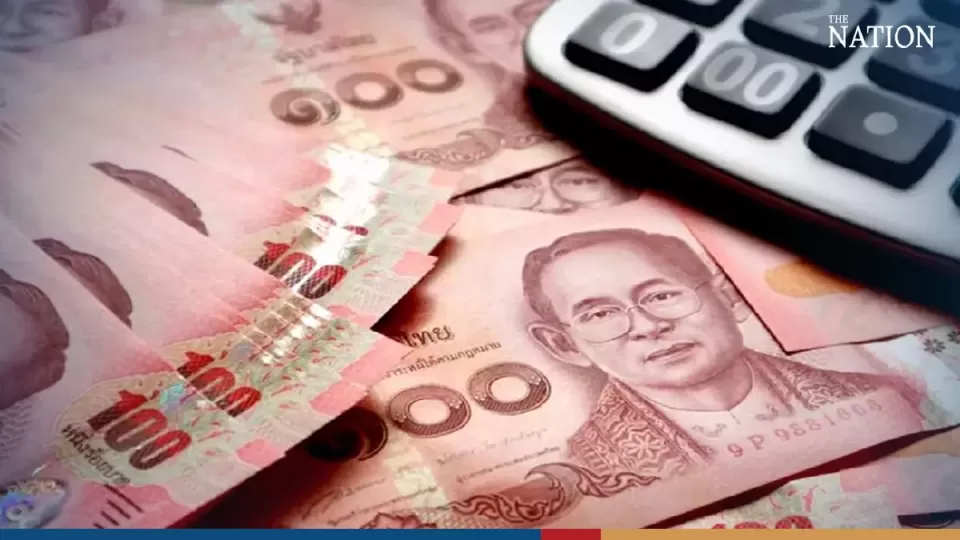June 27, 2023
BANGKOK – The National Economic and Social Development Council (NESDC) has confirmed that the Thai economy remains stable and is projected to continue progressing for the rest of 2023.
According to NESDC Secretary-General Danucha Pichayanan, state budget disbursements will reach some 1 trillion baht in the fourth quarter of this year. This includes investments by state enterprises with pending projects ready for disbursement, totaling approximately 150 billion baht. The remainder is made up of regular budget items and obligated funds that require disbursement of about 900 billion baht.
In the first quarter of 2024, a budget allocation of approximately 700 billion baht will be available for disbursement into the economic system. These funds will come from the regular budget allocation and the earmarked budget of government agencies, totaling around 650 billion baht, as well as funds from state enterprise investments amounting to approximately 50 billion baht.
From the 4th quarter of 2023 to the 1st quarter of 2024, between 1.8 and 1.9 trillion baht will be injected into the economic system from regular budgets, budget allocations of government agencies, and state enterprise investments. This will help stimulate consumption and domestic spending but is conditional upon expediting budget preparation and announcing the implementation of the Budget Expenditure Act for fiscal 2024 within the first quarter of next year.
Thailand’s economy has expanded satisfactorily this year, supported by tourism and domestic consumption. Current figures show approximately 2 million tourists entering Thailand per month, which is expected to increase during the high season, with up to 28 million foreign tourists projected to visit the country this year.
In recent months, efforts have focused on attracting high-income tourists to spend in Thailand, alongside providing long-term residence visas, which benefit other sectors such as real estate.
Internally, the Thai economy needs to monitor household debt, particularly the increasing default rate of hire-purchase car loans, while credit card debts continue to rise. In addition to addressing these problems, it is essential to promote financial literacy to prevent excessive spending and accumulating more debt than the ability to repay.
The main risks to Thailand’s economy come from external factors, especially the global economic slowdown, but the International Monetary Fund (IMF) is projecting a global economic expansion of about 3.2% in the next five years, which will impact Thailand’s export sector. This can be seen from the continuous negative Thai export value since October last year.
Furthermore, the global economy still faces persistently high inflation. If inflation decreases slowly, it will also affect interest rates. Another crucial factor impacting the global and Thai economies is geopolitical conflicts, which have not yet disappeared.
Meanwhile, domestic consumption is steadily recovering. The private consumption index has shown continuous growth, reaching 7.6 in April, up from 6.7 in March. Energy prices including oil, gas, and electricity are expected to follow the downward trend in global energy prices.


